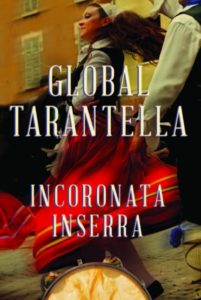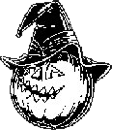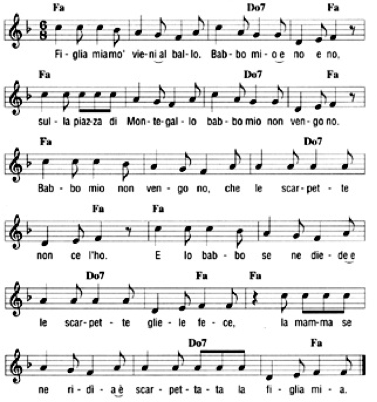Global Tarantella: Reinventing Southern Italian Folk Music and Dances
Incoronata Inserra, Virginia Commonwealth University

In Global Tarantella (University of Illinois Press, 2017) Incoronata Inserra ventures into the history, global circulation, and recontextualization of tarantella, a genre of Southern Italian folk music and dance. Examining tarantella’s changing image and role among Italians and Italian Americans, Inserra illuminates how factors like tourism, translation, and world music venues have shifted the ethics of place embedded in the tarantella cultural tradition. Once rooted in a world of rural Catholicism, tarantella now thrives in urban, secular, migrant, and ethnic settings. Inserra reveals how the genre’s changing dynamics contribute to reimagining Southern Italian identity and shows how its global growth promotes a reassessment of gender relations in the Italian South, helping create space for Italian and Italian American women to reclaim gendered aspects of the genre.
 Florentine children sing this song as they wander through the streets of Florence the first week of September, carrying papier-mâché lanterns tied to the ends of sticks, called rificolone. There are several theories as to where the tradition originates from, some think it commemorates the triumphant entry of Florentine troops into Siena on August 2 1555, when the soldiers tied lanterns onto the ends of their pikes.
Florentine children sing this song as they wander through the streets of Florence the first week of September, carrying papier-mâché lanterns tied to the ends of sticks, called rificolone. There are several theories as to where the tradition originates from, some think it commemorates the triumphant entry of Florentine troops into Siena on August 2 1555, when the soldiers tied lanterns onto the ends of their pikes.